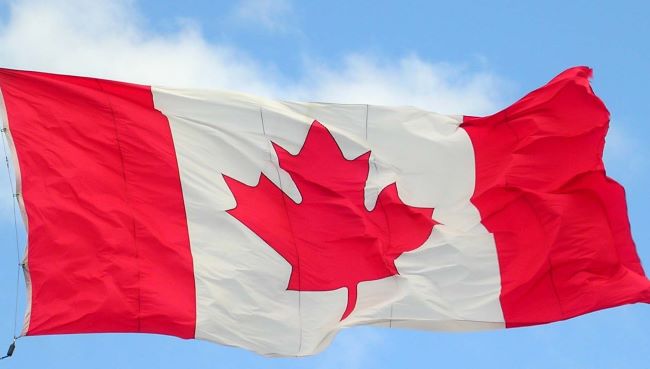Canada is tightening its border controls by approving fewer visas and increasing the number of travellers turned away.
According to government data obtained by Reuters. This move comes as Prime Minister Justin Trudeau’s Liberal government, which is behind in polls, aims to reduce the number of temporary residents and possibly permanent immigrants amid housing shortages and rising prices.
In July, Canada denied entry to 5,853 foreign travelers, marking a record high since at least January 2019. The country allowed these individuals, including students, workers, and tourists, to leave.
On average, Canada has turned away 3,727 foreign travelers each month through July 2024, reflecting a 20% increase from the previous year. Moreover, officials found 285 visa holders inadmissible in July alone, the highest number for any month since at least January 2019.
A spokesperson from the Canada Border Services Agency (CBSA) explained that these changes in admissibility findings could result from shifting migration patterns or policy alterations, decided on a case-by-case basis. The CBSA stated, “The agency’s role in assessing the admissibility of persons coming to Canada remains unchanged.”
Meanwhile, Canada’s immigration department is also approving fewer visas. The rejection rate for visitor visa applications in June was higher than ever since the pandemic’s peak. From January to June 2024, more applications were denied than approved.
The approval rates for study and work permits have declined from their peaks in 2023 and 2022. Immigration Minister Marc Miller emphasized the need for a controlled system, stating, “Canadians want a system that is not out of control.”
His spokesperson affirmed the immigration department’s commitment to fair policy application, attributing the decline in study permit approvals to a cap introduced in January.
Read: Canada Slashes Intake of Temporary Foreign Workers
Legal professionals are reporting increased scrutiny at borders. British Columbia lawyer Will Tao notes that border officials have advised some of his clients to voluntarily return home after questioning the authenticity of their travel plans.
Tao links this heightened scepticism to a notable shift in the government’s attitude toward immigration. He suggests that political narratives implying that foreigners might not meet entry requirements or could harm the country are influencing this change.
In a specific case, officials prevented Mohammed Kamil Shaibu from Ghana from travelling to Canada for a conference after questioning him about his visa application. Despite this setback, Shaibu remains positive about Canada and is considering attempting another visit.






